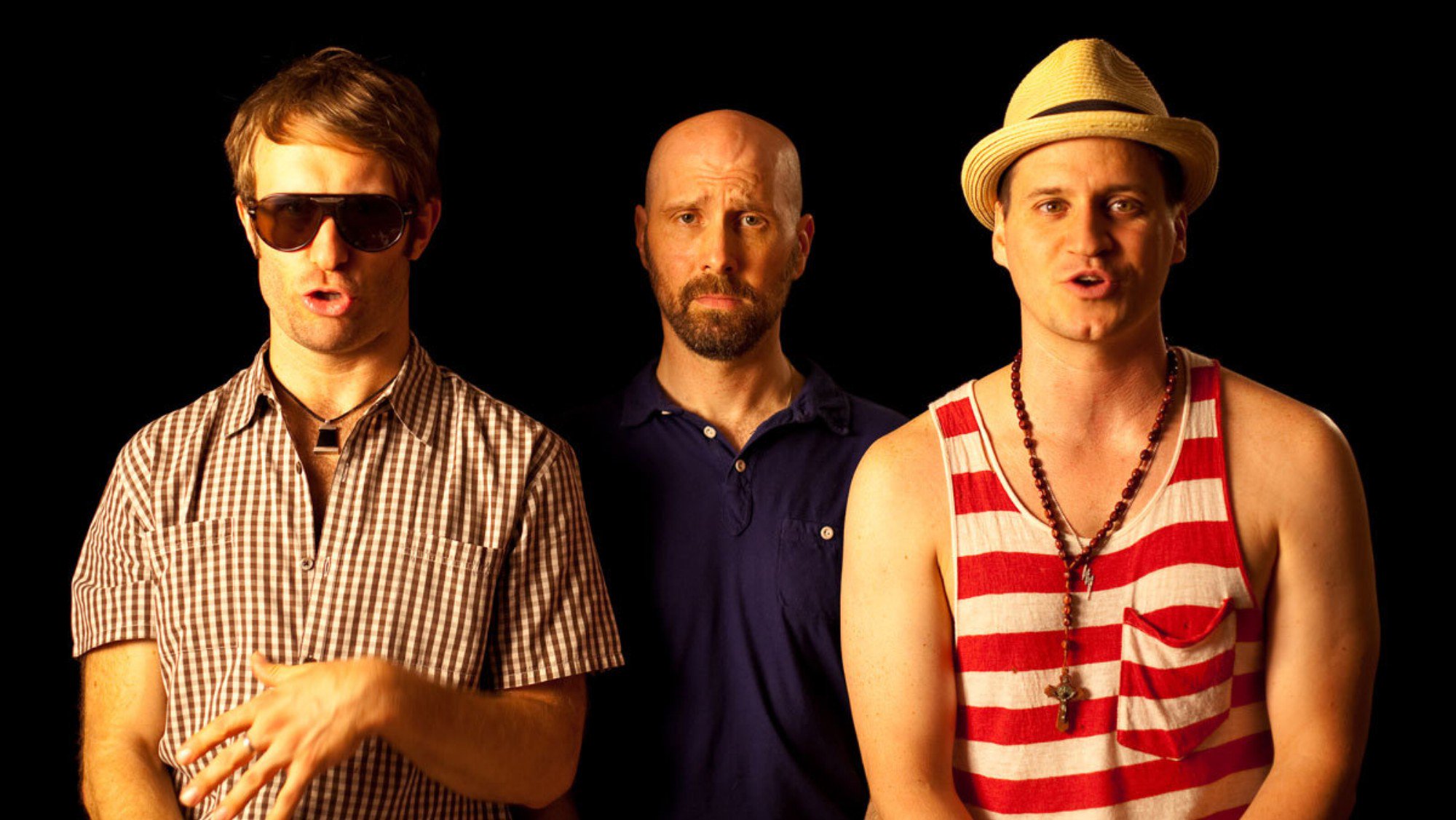Interview: David Thorpe on ‘Do I Sound Gay?’

Journalist David Thorpe has turned his attention to the so-called gay voices in his insightful, humorous documentary Do I Sound Gay? Part-funded by a Kickstarter campaign and a runner-up in the best documentary category at the Toronto Film Festival it is, Thorpe tells Attitude, an exploration of stereotypes, internalized homophobia and having the courage to be ourselves.

What prompted you to make the film?
As you see in the film, I took a trip to Fire Island to drown my sorrows, I heard all these gay voices and had a revelation of not liking it and not liking my own voice. It was a lightening-bolt moment for me where I recognised I’ve had this lifelong anxiety about my voice. I knew nothing about why I sounded the way I do and why so many gay men seem to adopt a similar way of speaking. Then I started speaking to my gay peers and found they also were self-conscious about their voices and I felt compelled to explore the subject.
There’s a lot of humour the film, isn’t there?
Yeah, absolutely. I wanted it to be both serious and humorous because I feel there’s a light side and a dark side to the questions it raises. It’s about the importance of making yourself visible and how dangerous or difficult that can be – to have the courage to be yourself.
Is there a ‘cure’ to sounding gay?
That’s something we address in the film. Certainly our voices are a part of our bodies and just as we can change our bodies we can change our voices but unless you have a deep will to do that it’s just too much work. Of course there are people who move from rural areas to cities and they lose their rural accent, but there’s no cure and nor should there be ideally.
It’s interesting that you address the idea of straight men having ‘gay’ voices…
I thought it was very important to show that the stereotype of sounding gay has nothing inherently to do with sexual orientation. There is no such thing as a ‘gay voice’; that phrase is just shorthand for a stereotype so it was really important to disconnect being effeminate from being a gay man because the two things aren’t necessarily related.
George Takei is among the interviewees. Did you approach other famous people who declined to take part?
There were a number of celebrities who didn’t respond or who said no. I can’t say who they were but there were a couple of major television actors who said they didn’t want to participate because they had never thought about the issue or didn’t think they sounded gay, but it’s funny because nine out of ten viewers in the United States would say the actors in question sound gay.
How was it chatting to the legendary David Sedaris?
He talked about how he still has some internalized homophobia and he gets a thrill when he’s mistaken for being straight. To hear someone as successful and beloved as David Sedaris say that was really liberating for me because occasionally I feel that as well. To some extent I felt shame about having any shame. There’s this expectation for us to be proud but sometimes it’s hard to feel that way when life is maybe not going the way you’d like it to.
How have your friends, some of whom are in the film, reacted to it?
A lot of what you see in the film does capture the reaction of my friends. They tended to both want me to be comfortable with who I am but they acknowledged they also struggle to some degree with internalized homophobia. That was a surprise to me and a wonderful development making the film; I’d had these close gay friends for decades but we’d never talked about having any kind of shame. And most of my straight friends were surprised that I felt this way and that some people continue to struggle with their sexuality after coming out. But one of the things that helps me is putting my issues on the table with my community.

Do you feel the film will uphold stereotypes or challenge them? Or maybe both?
I hope it challenges stereotypes but also appropriates them. There are lots of men who have effeminate voices or effeminate ways of being and they shouldn’t be ashamed of that whatsoever, but nor should that effeminacy be used as a stereotype to bludgeon, attack or repress the gay community. Let’s put it this way: If every gay man were effeminate that would be no reason to mock us but at the same time it’s important to remind people that we are just as diverse as people in general.
Is the sequel going to be called Do I Sound Straight?
[Laughs] I’m constantly getting sequel suggestions. Do I Walk Gay? Do I Dance Gay? Do I Smell Gay? But for me it has to be I Still Know You Sounded Gay Last Summer? I might let someone else have a whack at all these sequel ideas.
Words by SIMON BUTTON.
Do I Sound Gay? is in cinemas from October 30th
